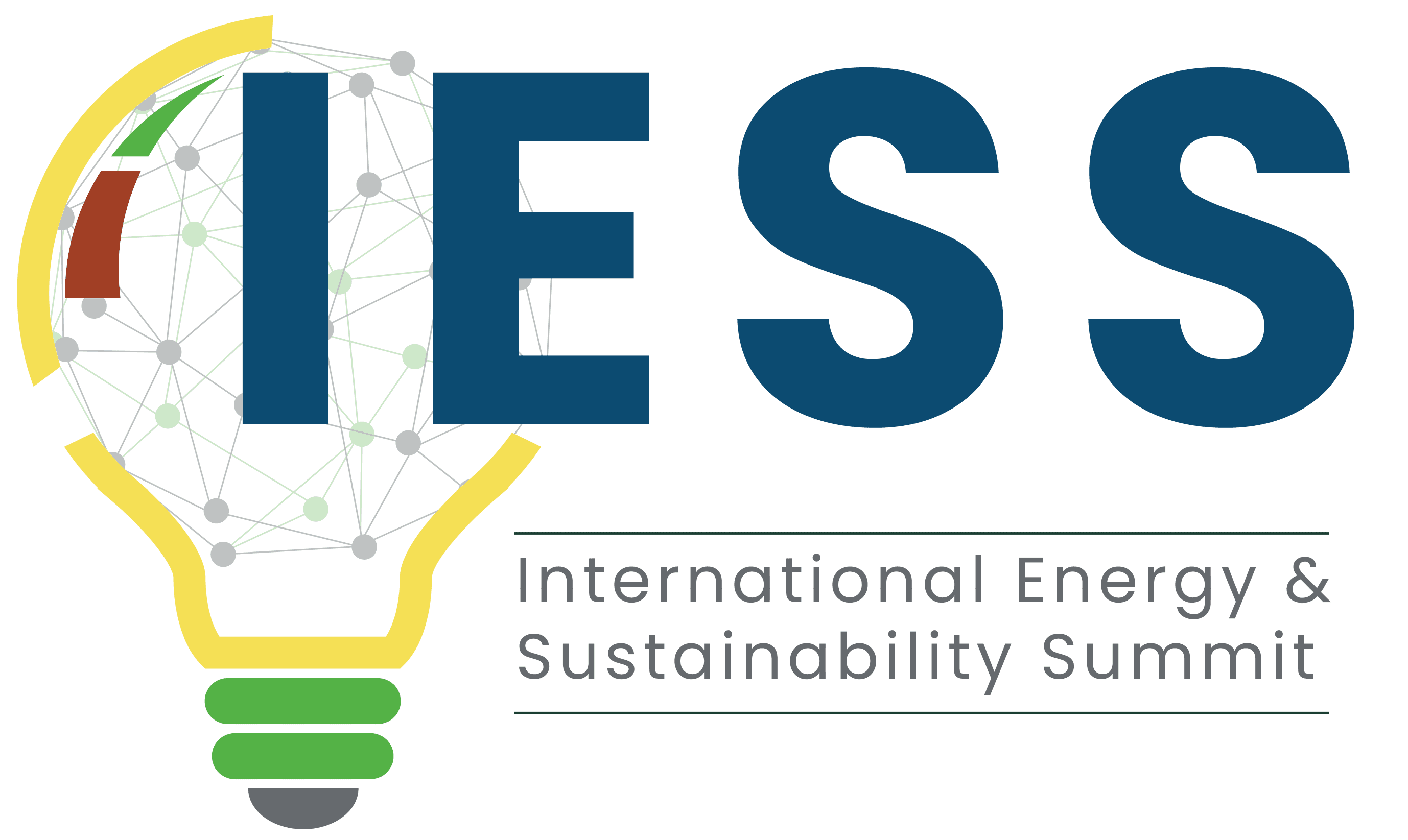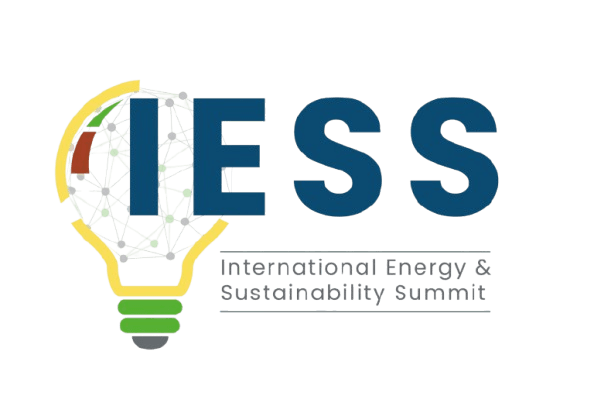Segment C: Climate Hackathon
28th to 30th January 2026
Strathmore University, Nairobi Kenya
Introduction
The Climate Hackathon 2026 is a signature segment of the 2nd International Energy and Sustainability Summit (IESS), bringing together world’s most promising student innovators, climate technologists, developers, researchers, entrepreneurs, and industry experts. Over three days of design sprints, mentorship, collaboration, and pitching, participants will develop innovative, tech-enabled solutions to the most pressing climate challenges of our time.
This hackathon aims to build real-world, scalable prototypes and ideas addressing issues ranging from green energy to marine litter and climate data modelling — all while fostering deep collaboration between academia, the private sector, and public institutions.
Main Goal
To develop innovative and sustainable climate-tech solutions through youth-driven, multidisciplinary collaboration, empowering students and early-career professionals to tackle real-world environmental challenges across Africa and beyond.
Objectives
- To promote practical climate innovation and solution development among students and young professionals.
- To bridge the gap between academia, industry, and climate action.
- To harness the power of technology and interdisciplinary collaboration for climate resilience.
- To create an ecosystem of support for climate start-ups and early-stage projects.
- To offer mentorship, funding, and exposure to innovative climate solutions.
Climate Hackathon Tracks And Sub-tracks
1. Climate-Smart Agriculture & Food Systems
Subtopics
- AI-based irrigation and crop planning tools
- Precision farming and soil monitoring platforms
- Early-warning systems for pests, diseases, and drought
- Farm-to-market platforms with carbon tracking
2. Weather Forecasting & Early Warning Systems
Subtopics
- Hyperlocal climate data visualization tools
- Real-time weather and disaster alert applications
- Machine learning for seasonal pattern predictions
- Integration of indigenous knowledge systems with tech
3. Renewable Energy Access & Efficiency
Subtopics
- Smart solar home system monitoring dashboards
- IoT-based energy consumption analytics
- Decentralized microgrid management platforms
- Clean cooking innovations and LPG adoption tools
4. Waste Management & Circular Economy
Subtopics
- Digital marketplaces for waste recycling
- Smart tracking of municipal waste systems
- Community-driven plastic credit platforms
- Carbon footprint calculators for households and SMEs
5. Climate Policy, Law & Governance
Subtopics
- Platforms for public engagement in policy consultations
- Visualizing climate data for lawmakers and courts
- Legal rights and land tenure transparency tech
- Civic education apps on constitutional climate rights
6. Urban Sustainability & Green Infrastructure
Subtopics
- Eco-friendly transport route mapping
- Air quality monitoring and reporting tools
- Public participation platforms for city planning
Summit calendar
The summit will be a 3 day event during the International Energy And Sustainability Summit Week.
4th March
Renewable Energy and Emerging Technologies
The opening day highlights renewable energy technologies like solar, wind, geothermal, and hydropower. It features keynote addresses from KPLC and KENGEN, panel discussions on scaling renewable energy solutions, and advancements in solar and wind technologies. The day concludes with exhibitions, networking sessions, and a treasure hunt.
5th March
Smart Grids, Electrification and Energy Management
Discussions focus on smart grids, energy management systems, and the electrification of transportation. Key topics include grid digitalization, EV charging infrastructure, and battery innovations. There is also a tree planting session to promote environmental conservation.
6th March
Energy Transition and Climate Change
The day’s sessions explore transitioning from fossil fuels to renewable energy and the role of energy systems in combating climate change. Discussions cover global climate policies, low-carbon energy systems, and strategies to support climate resilience, alongside a tree planting initiative.
7th March
Future of Sustainable Energy and Climate Solutions
The final day emphasizes geothermal energy’s role in sustainable development and innovative solutions in sustainable construction. Topics include green building materials, modular construction, and net-zero energy buildings. The event wraps up with a closing ceremony, awards, and live performances.
Join us at the International Energy And Sustainability Summit
Together, we can turn the tide on climate change and create a world where both people and the planet thrive. Get involved, share your ideas, and be part of the movement driving real change.

